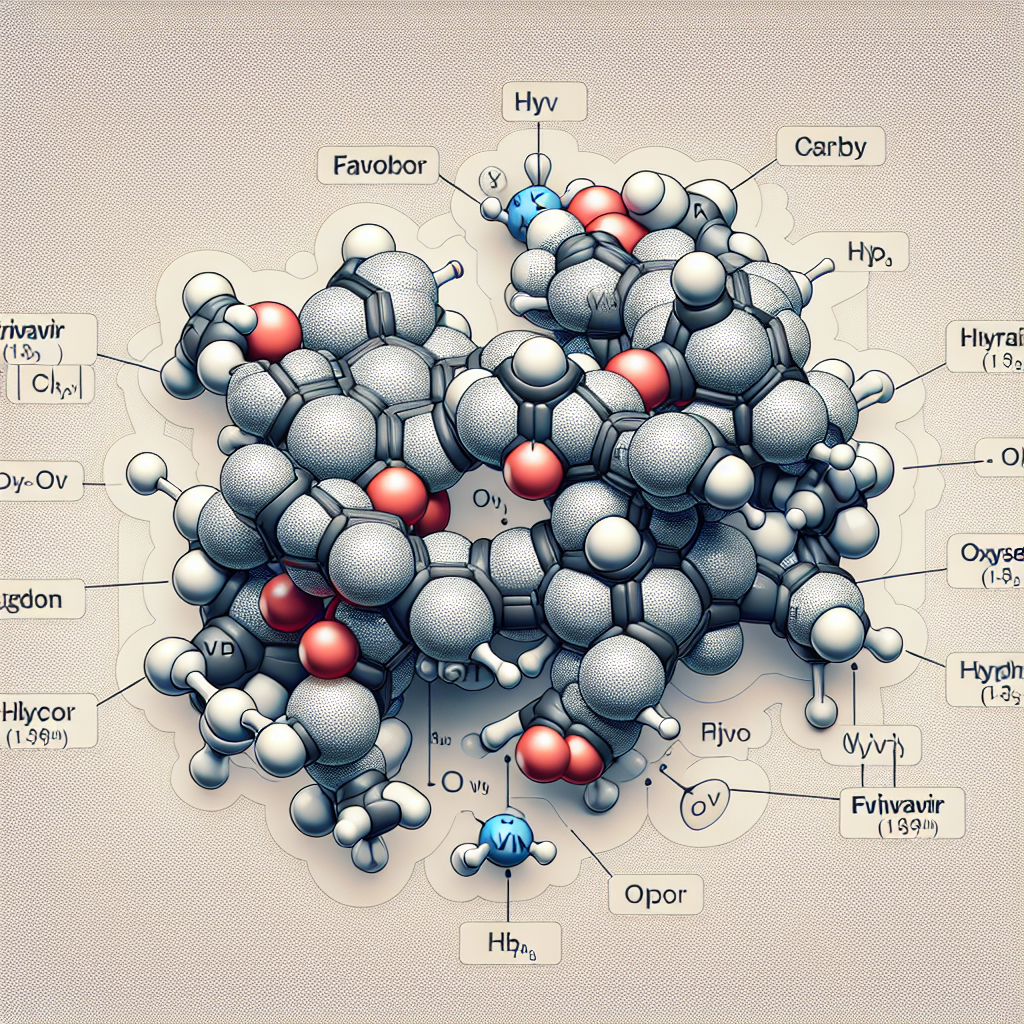Favipiravir: A Promising Defense Against the Chandipura Virus
Favipiravir shows promise in combating the Chandipura virus (CHPV), endemic in India, through preclinical studies. This virus, affecting mainly children, causes encephalitis and high fatality rates. NIV is working on antivirals and vaccine development. Human clinical trials are pending for efficacy of Favipiravir.

- Country:
- India
In promising developments, preclinical studies have indicated that the antiviral drug Favipiravir could significantly protect against the Chandipura virus, CHPV. The virus is endemic to central India and manifests with severe symptoms such as high fever and seizures, particularly affecting children.
The National Institute of Virology (NIV), under the Indian Council of Medical Research (ICMR), has spearheaded these studies, with Director Dr. Naveen Kumar confirming the drug's capacity to reduce viral load and improve survival rates in animal subjects. The virus is transmitted by sand flies and is known for its severe outbreaks in regions like Telangana and Gujarat.
The current challenge is the absence of specific antiviral treatments for CHPV, making these findings crucial. Favipiravir's potential efficacy must be confirmed through further animal studies before human trials can begin, along with ongoing efforts to develop a vaccine, which could mitigate the virus's impact on young populations.
(With inputs from agencies.)
- READ MORE ON:
- Favipiravir
- Chandipura
- virus
- antiviral
- preclinical
- India
- NIV
- ICMR
- vaccine
- children
ALSO READ
The Silent Toll: Uncounted Lives Amidst India's Heatwave Epidemic
India's Transformation Under Modi: 11 Years of Service and Growth
Water Wars in India's Power Struggle: Solapur's Dilemma
Rakesh Kumar Crowned Champion: Skill-Based Gaming Soars in India
Indian Markets Soar on RBI Rate Cut and Global Optimism










